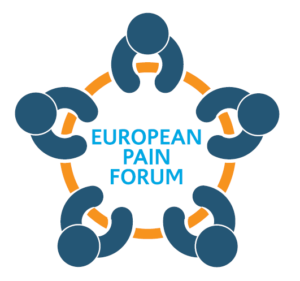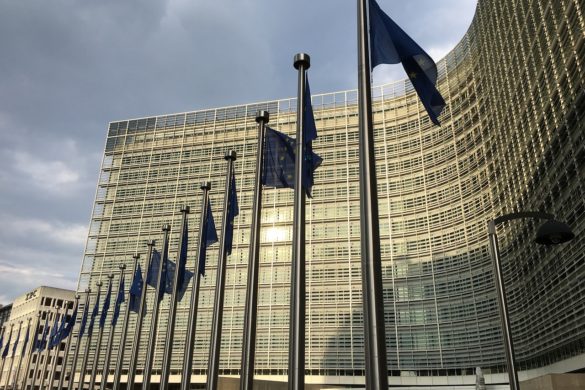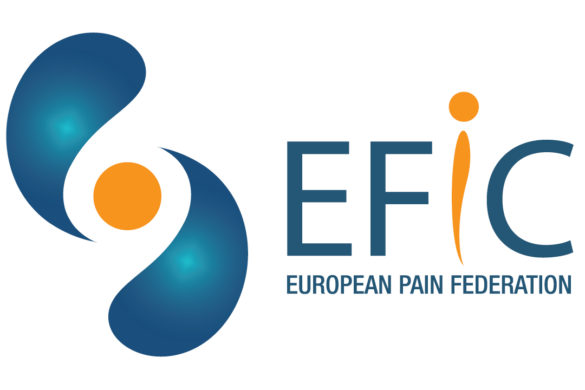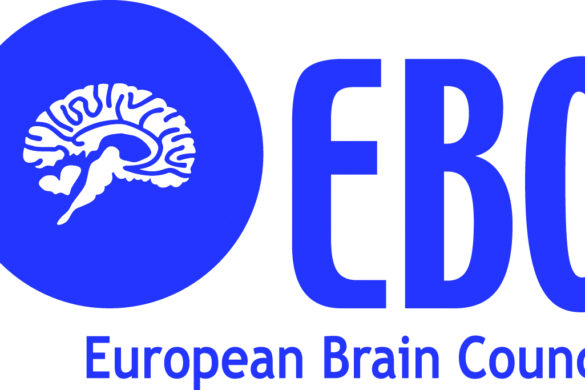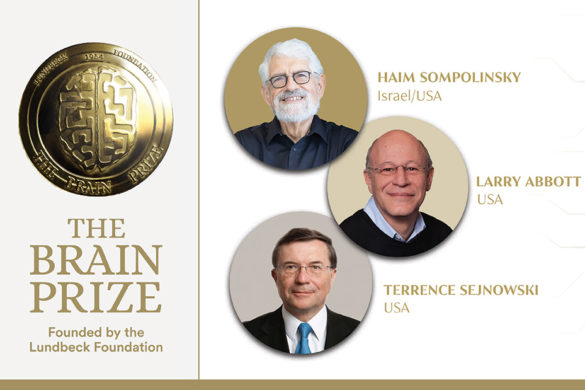More focus on citizen wellbeing among the Member States and the European Parliament.
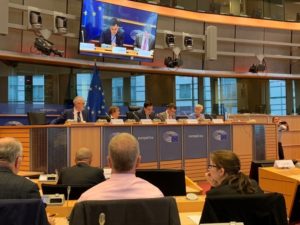 On 16 October, EAN participated in an event in the European Parliament organized by Global Alliance of Mental Illness Advocacy Networks-Europe (GAMIAN Europe). The event brought together the MEP Alliance for Mental Health, organizations and societies focused on brain and mental health as well as several policy makers from the EU institutions. This MEP Alliance is endorsed by 26 members of the European Parliament.
On 16 October, EAN participated in an event in the European Parliament organized by Global Alliance of Mental Illness Advocacy Networks-Europe (GAMIAN Europe). The event brought together the MEP Alliance for Mental Health, organizations and societies focused on brain and mental health as well as several policy makers from the EU institutions. This MEP Alliance is endorsed by 26 members of the European Parliament.
In the meeting, Alzheimer Europe (AE – organization representing people with dementia and their carers) called for more support for brain research and research for dementias, pointing towards the need for better policies in the European health research field. They also raised the issue that pharma companies do not participate enough in research, hence organizations need more funding from the EU.
European Union of Medical Specialists (EUMS) highlighted the need to improve the quality of training in Member States.
The European Brain Council (EBC), EAN’s partner society, highlighted that mental health is a complex concept and should not be taken separately. Brain health and brain research is an important contributor to improving mental ill health.
The Finnish Presidency called for a holistic approach when tackling mental ill health: collaboration between relevant stakeholders is key in developing effective health policies. The Presidency confirmed that an EU mental health strategy is being prepared and is again high on their and the European Commission’s agenda.
On 17 October, the Member States, under the Finnish Presidency, adopted the Council conclusions on the Economy of Wellbeing. This agreement is a cross-sectoral pledge which essentially sets out that “people’s wellbeing is a value in itself, it is also vitally important for the Union’s economic growth, productivity, long-term fiscal sustainability and societal stability.” The document is based on the OECD initiative with the same title, to which OECD countries already adhered to. The text calls for “access for all to health services, long-term care, health promotion and disease prevention, provided by a sustainable health system” in order to address health inequalities. The agreement also underscores the need for “continuous growth of health expenditure to address the social, commercial, economic and environmental determinants of health and the burden of non-communicable diseases”. Moreover, the European Commission will need to support the 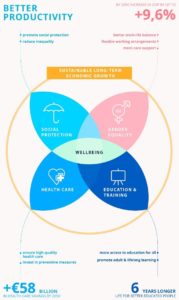 Member States to improve sustainability and availability of health services, including access to medicines and medical devices. The Commission will also draft a Mental Health Strategy for the Union, considering the cross-sectoral impacts of different policies on mental health. The document also calls on Member States to monitor wellbeing and promote knowledge-based decision-making using indicators disaggregated by sex. Furthermore, Member States should consider the impacts of ageing and promote healthy and active ageing in all policies.
Member States to improve sustainability and availability of health services, including access to medicines and medical devices. The Commission will also draft a Mental Health Strategy for the Union, considering the cross-sectoral impacts of different policies on mental health. The document also calls on Member States to monitor wellbeing and promote knowledge-based decision-making using indicators disaggregated by sex. Furthermore, Member States should consider the impacts of ageing and promote healthy and active ageing in all policies.
This document is a helpful basis for Member States, who still hold the main decision making power over healthcare. It shows commitment to their citizens’ wellbeing to improve healthcare systems taking into consideration different variables and working across sectors and fields. This is an important incentive for EAN activities, since a study into neurological care in the European countries is under development.
EAN has also submitted their eligibility re-evaluation statement to the European Medicines Agency (EMA) this month, confirming its desire to continue close collaboration with the Agency.




